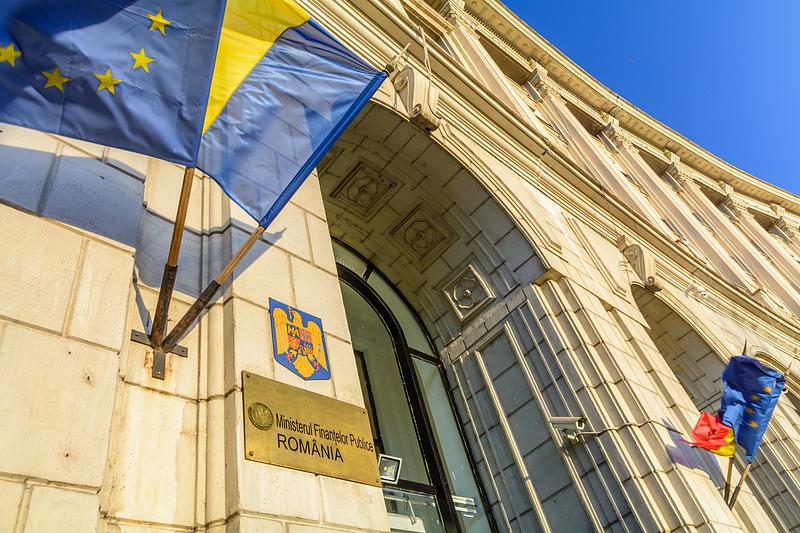Romanian Treasury cuts coupons of bonds sold to households



The coupons attached to the Treasury bonds for sale to households in December are significantly smaller than in November: 7.65% compared to 8.7% for the one-year maturity.
Indeed, the bonds issued in November were not floated on the stock exchange - as opposed to the Fidelis bonds on sale in December. The cut in the yields proposed by the Treasury is deep, though, and the outcome of the offer remains uncertain as long as major banks are paying 8% for one-year deposits (indeed, subject to 10% profit tax). But the Government seems less cash-strapped towards the end of the year, with a deficit of only 3.4% of GDP in January-October.
The coupon attached to the three-year bond is a more attractive proposal - 8%. In November, the Treasury sold 2-year bonds with a 9.15% coupon, though.
Separately, the Treasury promises to pay 2.7% and 3.7% for two-year and three-year, respectively, euro-denominated bonds (also floated at BVB). For comparison, it issued one-year bonds denominated in euros, on the local market, at an average yield of 2.87%. The yield paid for three-year bonds was also slightly higher (compared to that offered to households): 4.13%.
Some analysts argue the lower coupons are part of a broader decline in interest rates.
"It's a trend of decreasing interest rates that we don't only see in government securities. If we look at what happened to ROBOR, which on November 10 was 8.1% and now is 7.85%, we can see that interest rates are decreasing. If you look at US bonds, which were at 4.2% and are currently at 3.67%, you also see a downward trend. Even the Romanian state is currently borrowing at lower interest rates. If a month and a week ago they were borrowing at 9.2%-9.3%, now they are borrowing at 8.5%-8.6% at the same maturity, for 10 years," Dragoş Mesaroş, trading director of Goldring, told Ziarul Financiar.
Others believe the interest rates will not drop sooner than the end of next year.
"If no other crisis intervenes, we will be able to discuss a decrease in interest rates at the earliest only towards the end of next year. For now, we see that the economy and the way we try to create this predictability do not necessarily depend on the cost of money. The real problems of entrepreneurs are related to the labor force, the cost of energy and raw materials. It is important to focus on these aspects. It will also be very important if Romania has successful implementations through PNRR because that way we will be able to have optimistic premises," Bogdan Neacșu, general director of CEC Bank and president of the Romanian Bank Association (ARB), said during the online business show ZF Live.
iulian@romania-insider.com
(Photo source: Dreamstime.com)